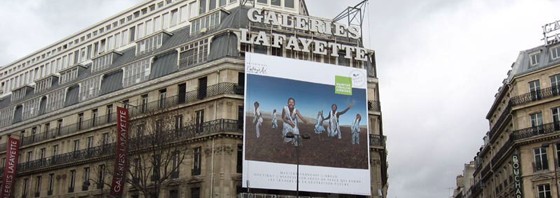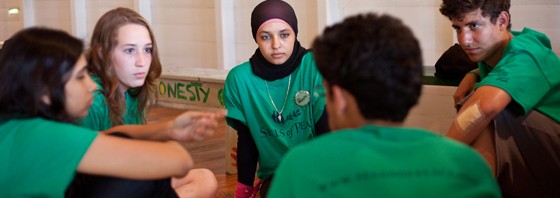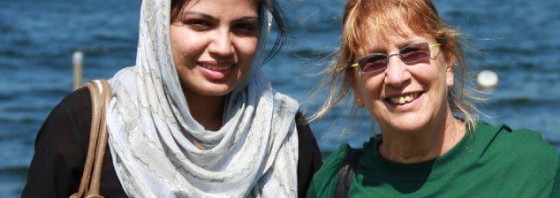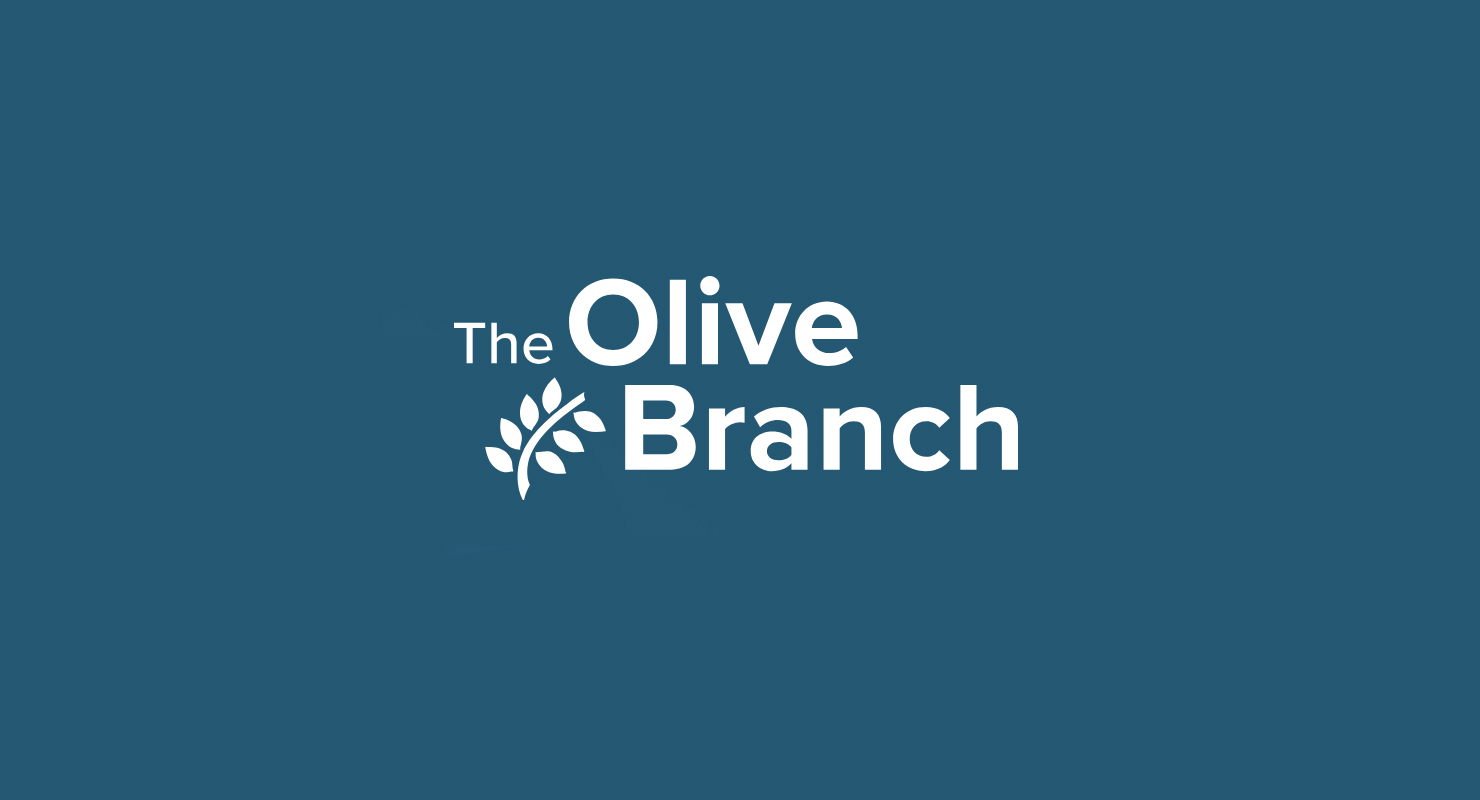JERUSALEM | As diplomats debate Palestinian statehood and deadlocked Israeli-Palestinian negotiations at the United Nations, a new generation of leaders are engaging directly with each other, meeting face-to-face and strengthening the relationships and skills necessary for lasting peace.
In a letter this week to the nearly 5,000 Seeds around the world, Seeds of Peace Executive Director Leslie Lewin reminded them that the organization was founded on the “belief that Israelis and Palestinians had the right to live independently and safely.”
“The world has much to learn from you,” she wrote. “And this is another opportunity for your voice to be heard.”
Over the weekend, 76 of our newest Palestinian and Israeli Seeds reunited in Jerusalem to launch a year of robust regional programs, including an online forum to share with each other directly their views on the developments at the UN, as well as leadership training, community development, and professional skill-building.
At the same time, older Seeds will be preparing to lead dialogue sessions with fellow Israeli and Palestinians, including younger Seeds, through our year-long facilitation and conflict transformation course in Jerusalem. The sessions will create a rare and critical facility for Israelis and Palestinians to engage in constructive conversations.
Whatever the outcome of the UN bid, Palestinian and Israeli Seeds will be meeting face-to-face in the coming weeks to discuss ways of reaching lasting peace.






 Objective: The objective of these project was to increase the number of educators in the region who support the mission of Seeds of Peace, to support these educators in their work promoting dialogue, peaceful learning environment, respect for the other and differences of opinion, non-violent resolution of conflict, and civic responsibility.
Objective: The objective of these project was to increase the number of educators in the region who support the mission of Seeds of Peace, to support these educators in their work promoting dialogue, peaceful learning environment, respect for the other and differences of opinion, non-violent resolution of conflict, and civic responsibility.
